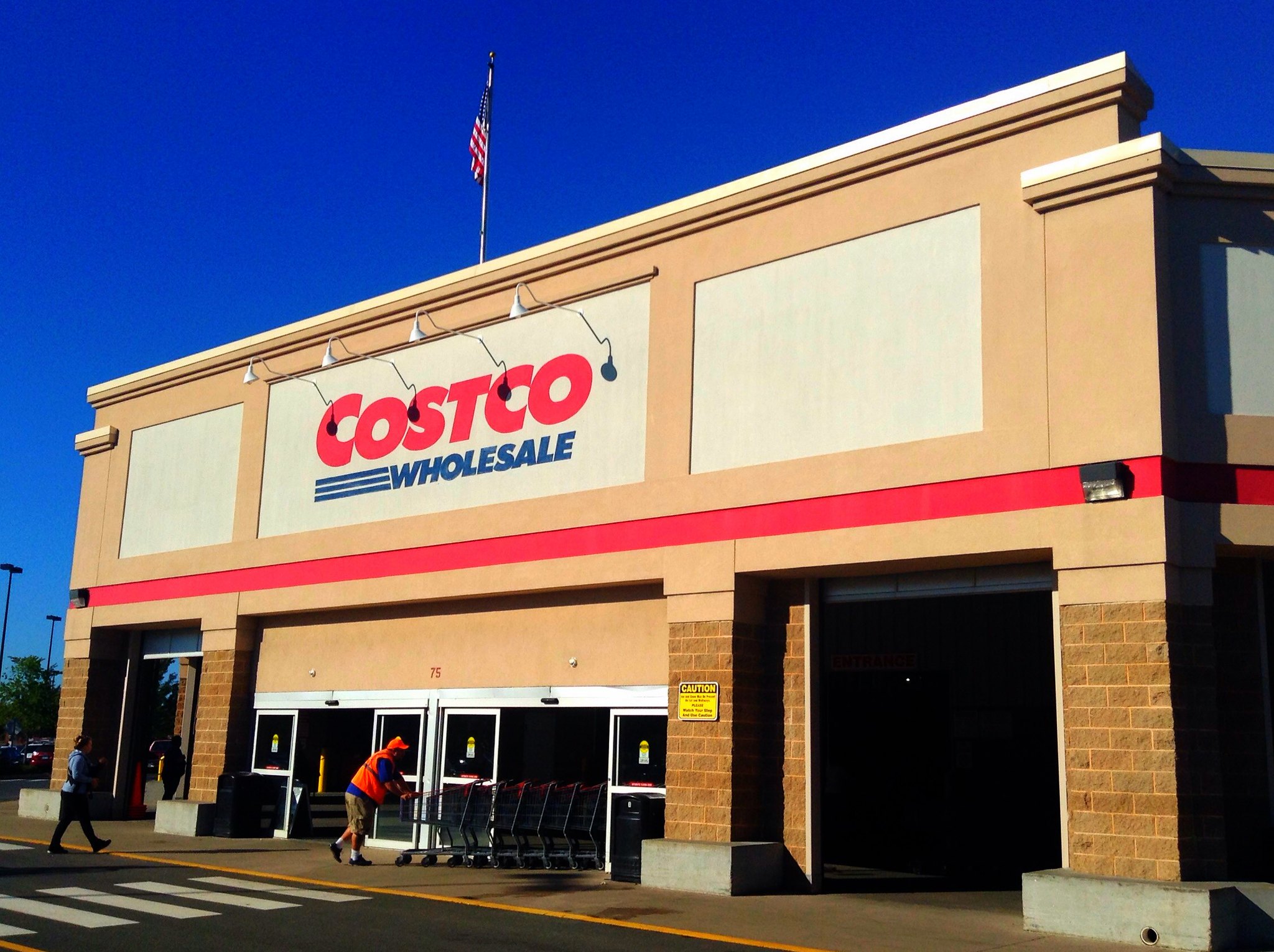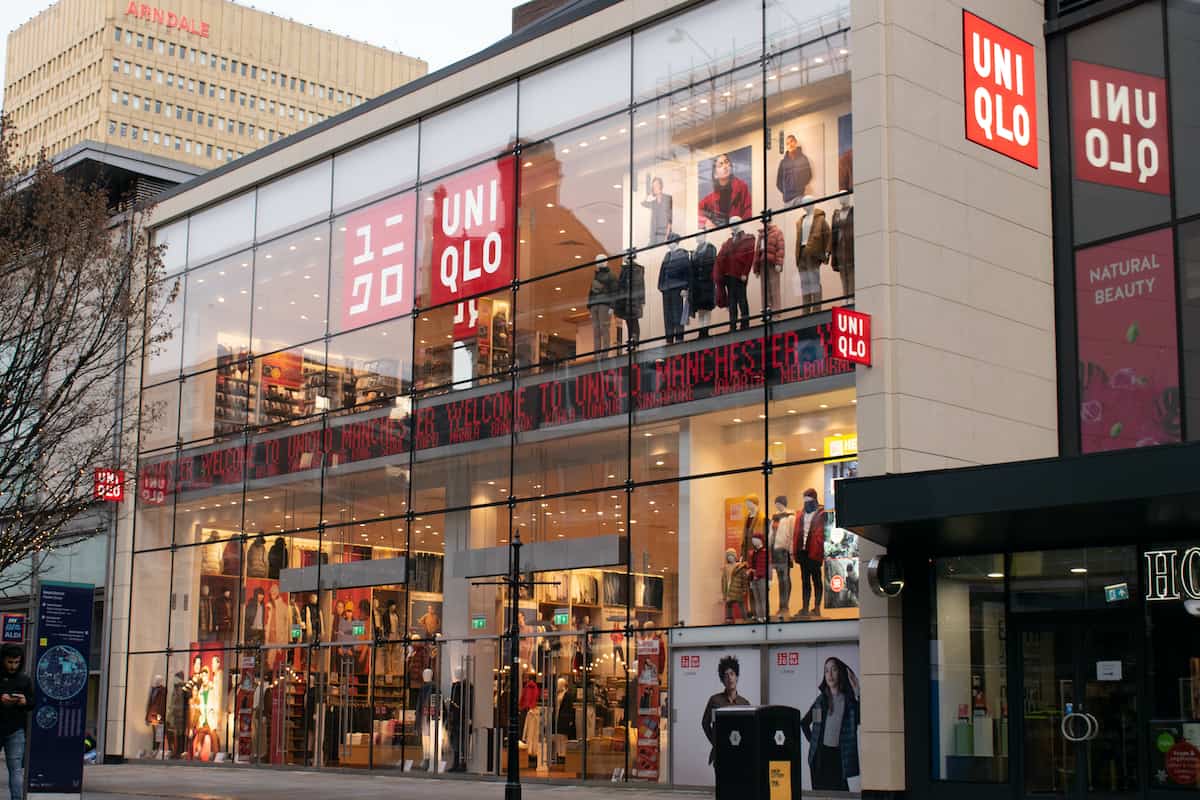Shop Prices fell by 1.6% in September, a steady rate of decline as in August, however that picture is set to change in 2021 as supermarkets in particular struggle with tariffs if no Brexit deal is reached.
So warns the British Retail Consortium as it publishes inflation figures for September, which show that non-food prices fell by 3.2% in September compared to a decline of 3.4% in August. This is below the 12-month average price decline of 2.6%, but above the 6-month average price decline of 3.5%.
“Consumers can celebrate yet another month of falling shop prices, particularly in the non-food ranges such as clothing and footwear,” says Helen Dickinson OBE, Chief Executive, British Retail Consortium. “Retailers are cutting prices in order to encourage further spending where sales are yet to pick up. In addition, September saw the lowest rate of Fresh food inflation since 2017, which has been mostly driven by the continued availability of fresh, local food produce.”
But Dickinson warns: “Retailers strive to provide the best value, quality goods, but their ability to do so, come 2021, is under threat. Without a zero-tariff deal with the EU, supermarkets will be subjected to £3.1 billion a year of tariffs on food and drink, which they will have little choice but to pass on to their customers as retail margins are so thin. Many non-food retailers will also face large tariff bills, and as a result, the total cost to the industry and its customers would be much higher. The Government must prioritise a tariff-free deal, otherwise hard-pressed consumers will bear the brunt of price increases.”
Mike Watkins, Head of Retailer and Business Insight, Nielsen. adds: “The recessionary impact of the pandemic on retailing will become more visible during the `golden quarter` and retailers are already adapting their business models. Food shop price inflation has slowed with supermarkets introducing new price cuts this month and non food retailers had the additional challenge of selling through seasonal stock, disrupted by unpredictable weather. Looking ahead we can expect shop price inflation to remain at current low levels for the next quarter.”








